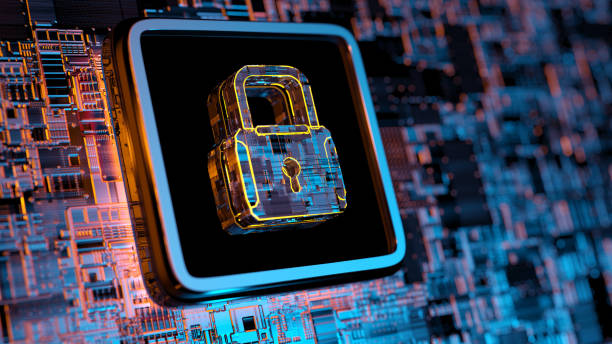
In today’s world, privacy and security are essential aspects of our online lives. With the rise of cyber threats and hacking attempts, it is crucial to take proactive steps to keep yourself and your data safe. In this extensive beginner’s guide, let’s discuss the best practices to keep hackers at bay and maintain your privacy and security online.
Use Strong Passwords. One of the most basic steps you can take to keep your online accounts safe is to use strong passwords. A strong password is one that is long, contains a mix of upper and lowercase letters, numbers, and symbols, and is not easy to guess. Avoid using common phrases or personal information, such as your birthdate or pet’s name, as passwords. Also, make sure to use a unique password for each of your online accounts.
Use Two-Factor Authentication. Two-factor authentication (2FA) adds an extra layer of security to your online accounts by requiring an additional verification step, such as a text message or a fingerprint scan. This way, even if someone has your password, they won’t be able to access your account without this extra verification step.
Keep Your Software Updated. Software updates often contain important security patches that address known vulnerabilities. Keeping your software up-to-date is crucial to prevent hackers from exploiting known vulnerabilities to gain access to your device or data.
Use a Virtual Private Network (VPN). A Virtual Private Network (VPN) is a service that encrypts your internet connection and routes it through a server located elsewhere. This way, your online activities are hidden from prying eyes, and your data is protected from hackers who might be snooping on public Wi-Fi networks.
Be Careful When Sharing Personal Information. Be cautious when sharing personal information online, especially on social media platforms. Hackers can use this information to steal your identity or impersonate you. Make sure to check your privacy settings and limit the amount of personal information you share publicly.
Use Antivirus Software. Antivirus software can protect your computer from malware, viruses, and other malicious software. Make sure to use reputable antivirus software and keep it updated regularly.
Be Wary of Phishing Scams. Phishing scams are fraudulent attempts to obtain sensitive information, such as usernames, passwords, or credit card information. Be wary of unsolicited emails or messages that ask you to click on a link or provide personal information. Always verify the source of the message and never click on suspicious links.
Back Up Your Data. Backing up your data is crucial in case your device is stolen, lost, or compromised. Make sure to back up your data regularly and store it in a secure location.
Be Careful When Using Public Wi-Fi Networks. Public Wi-Fi networks are often unsecured, which means that hackers can intercept your internet traffic and steal your personal information. Avoid logging into sensitive accounts or entering personal information when using public Wi-Fi networks. Instead, use a VPN or wait until you have a secure internet connection.
Educate Yourself. Stay informed about the latest cybersecurity threats and best practices. Learn about the common types of cyber attacks, such as phishing, malware, and ransomware, and how to protect yourself from them.
Remember, protecting your privacy and security online requires a proactive approach and a combination of best practices. By following the tips outlined in this guide, you can reduce the risk of falling victim to cyber threats and keep hackers at bay.

